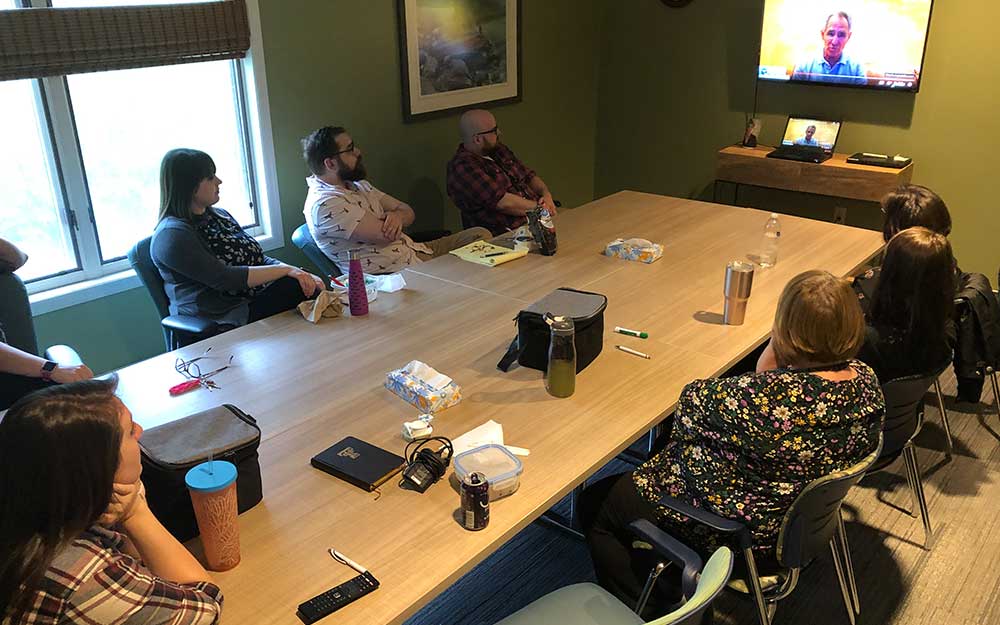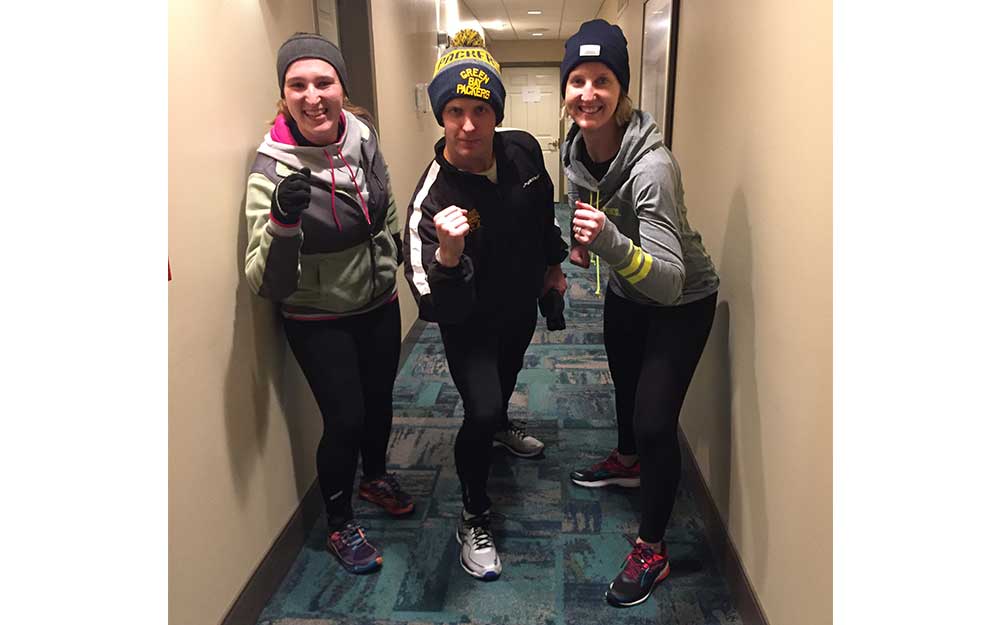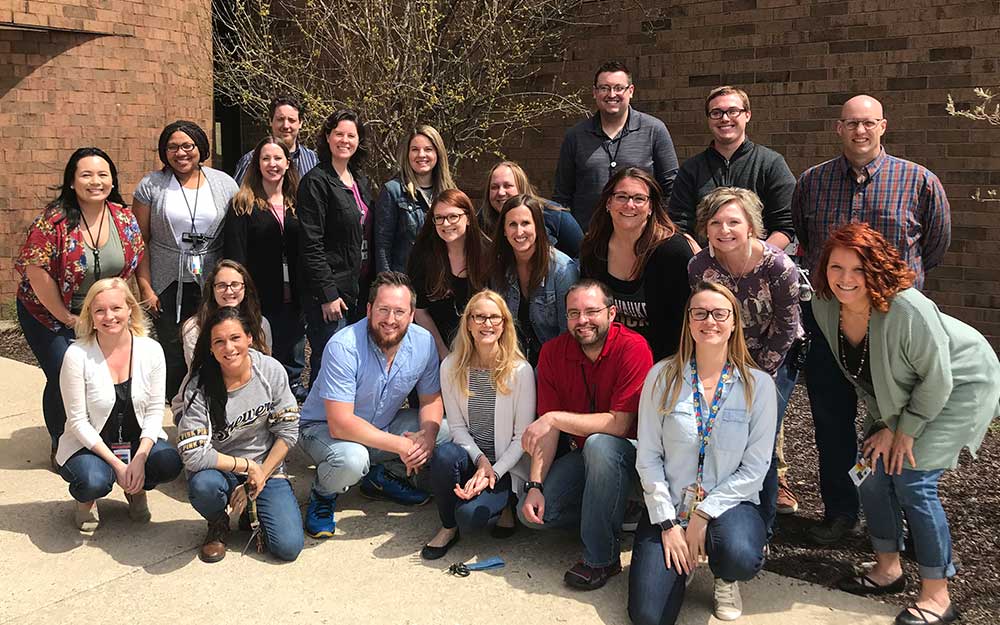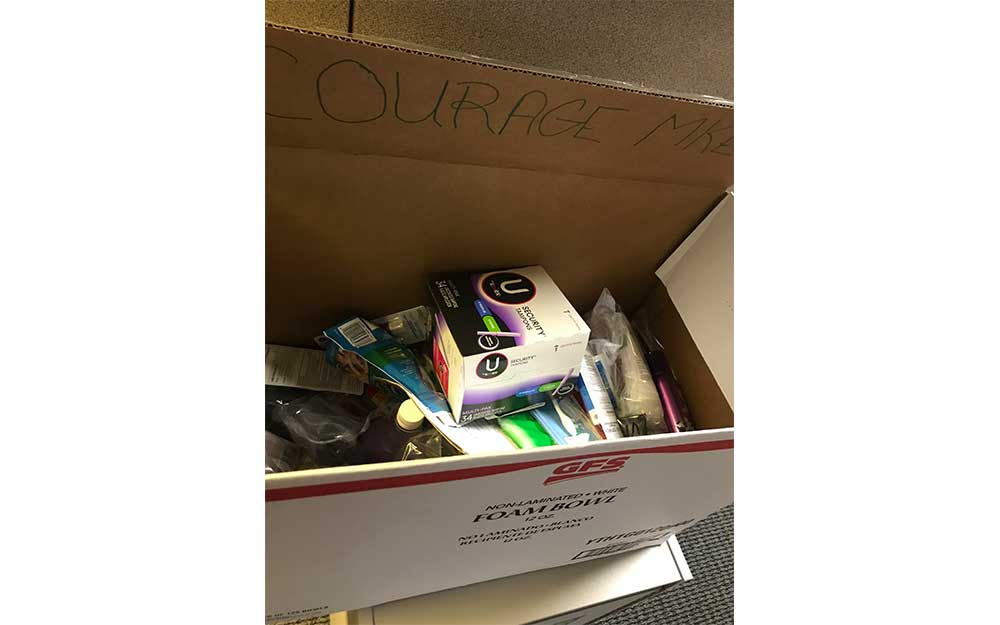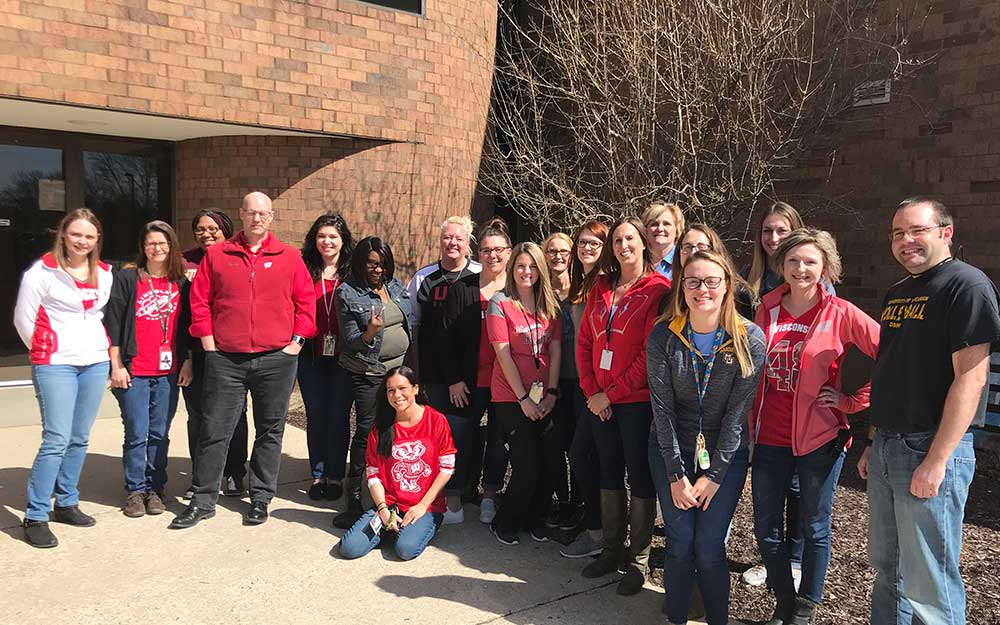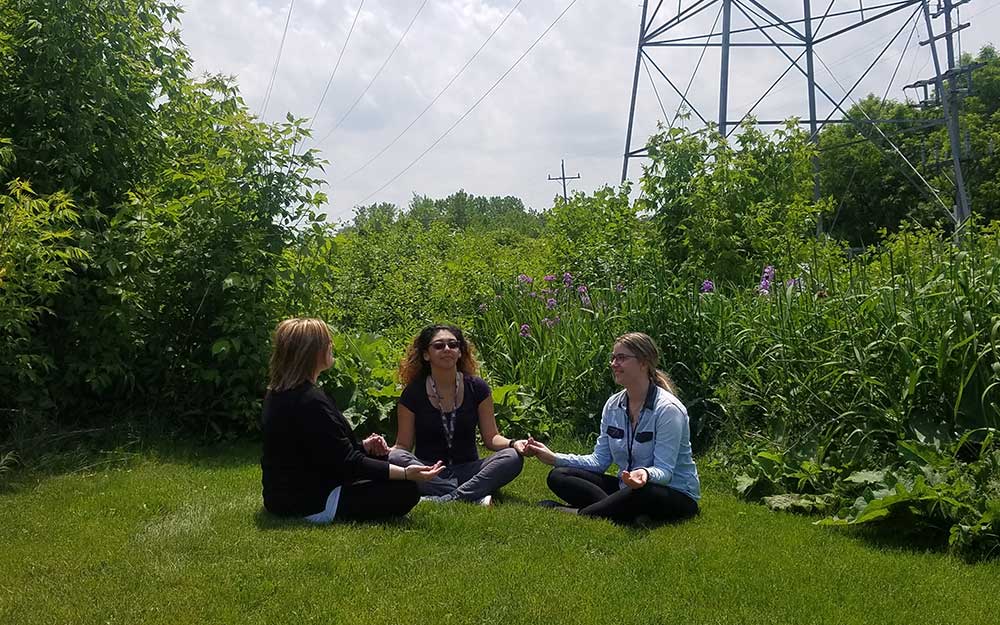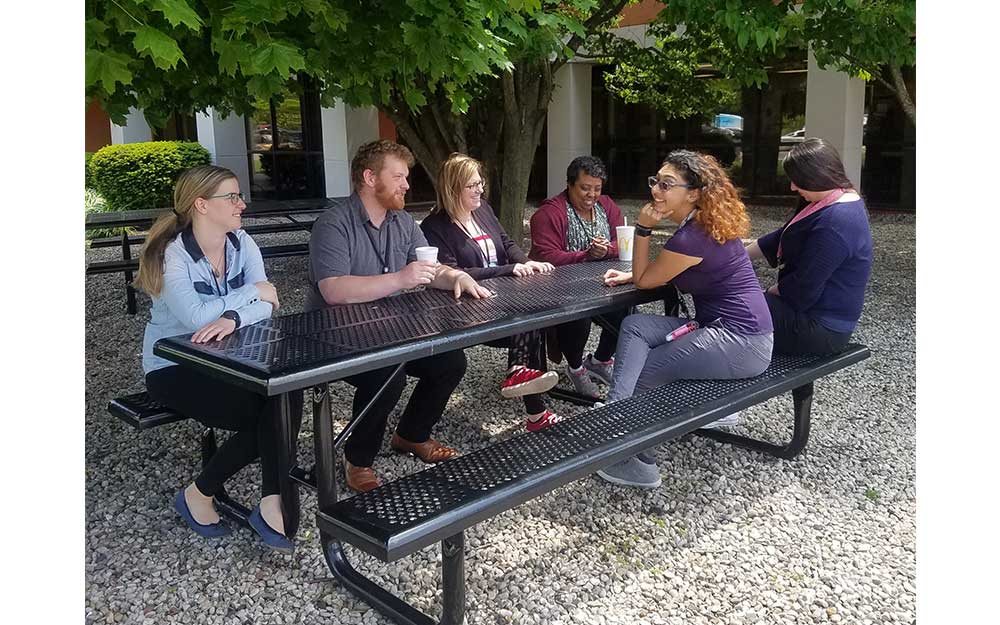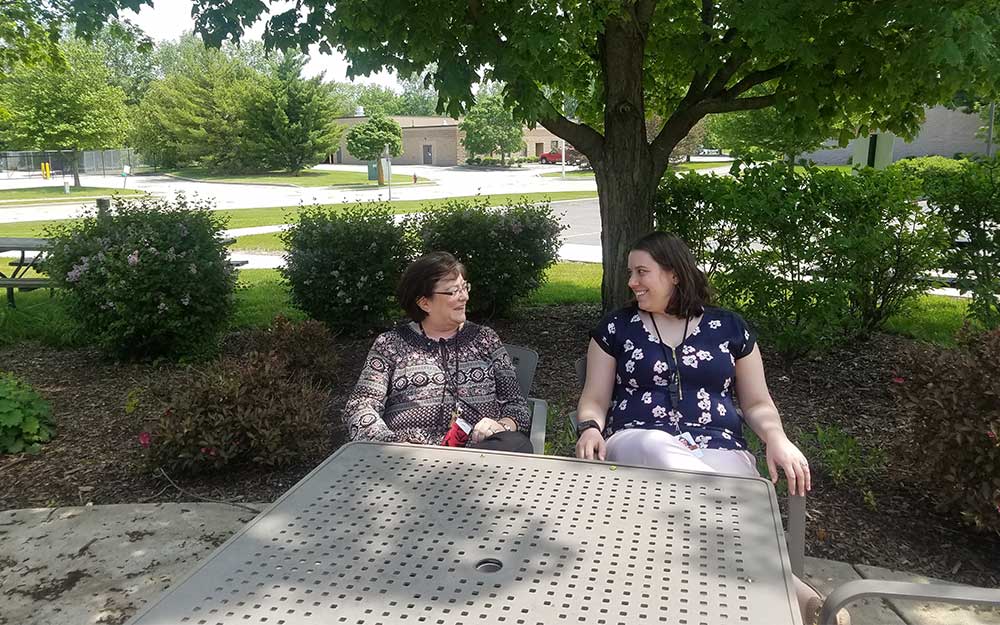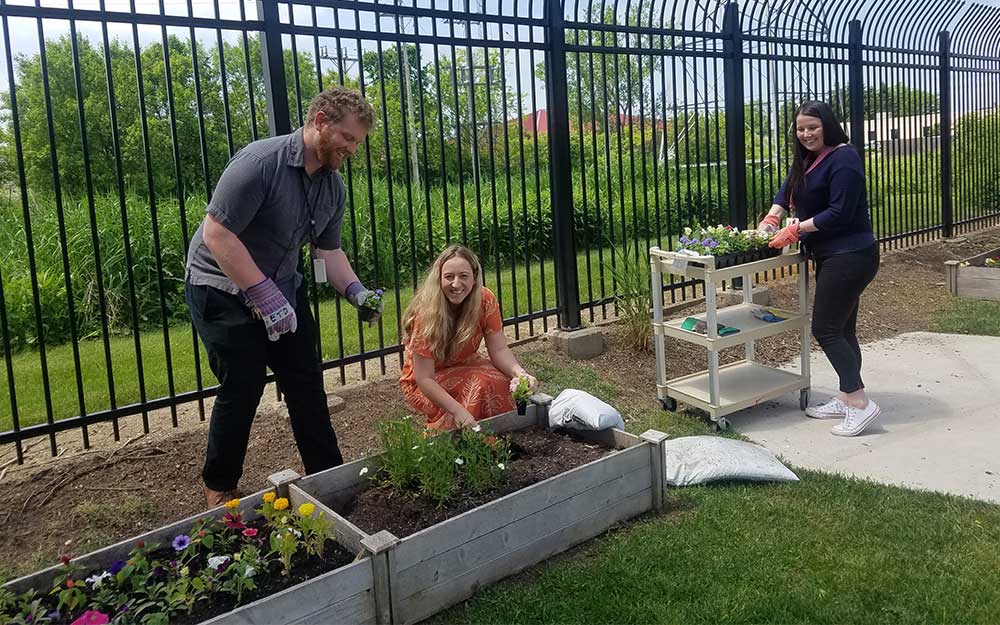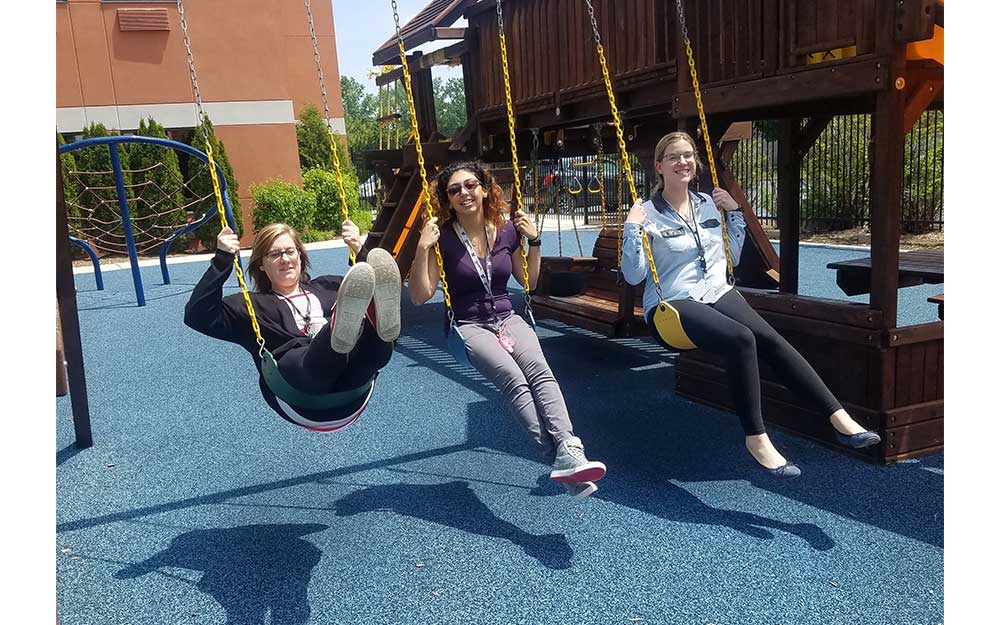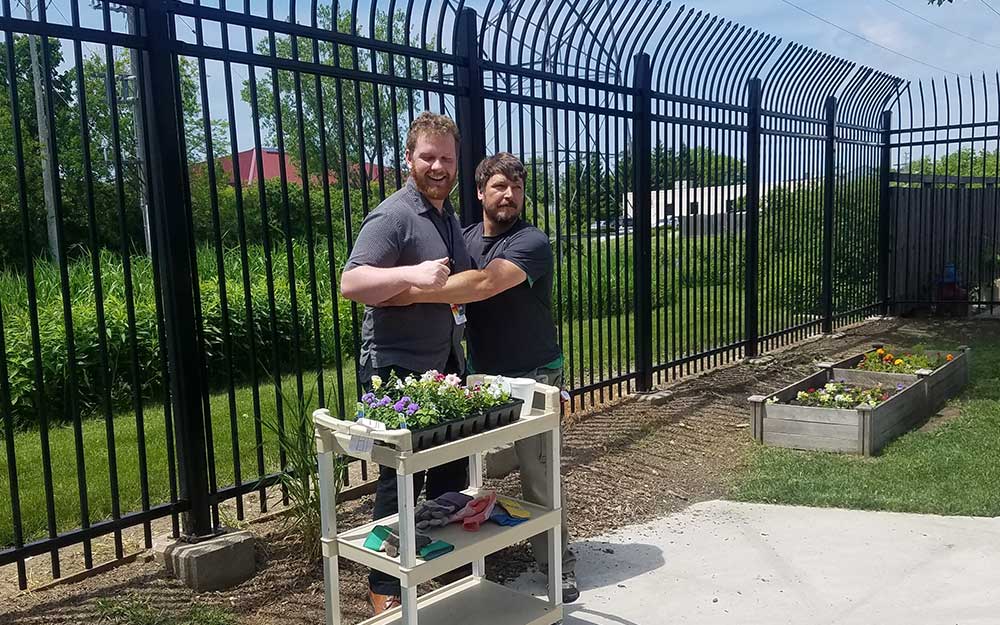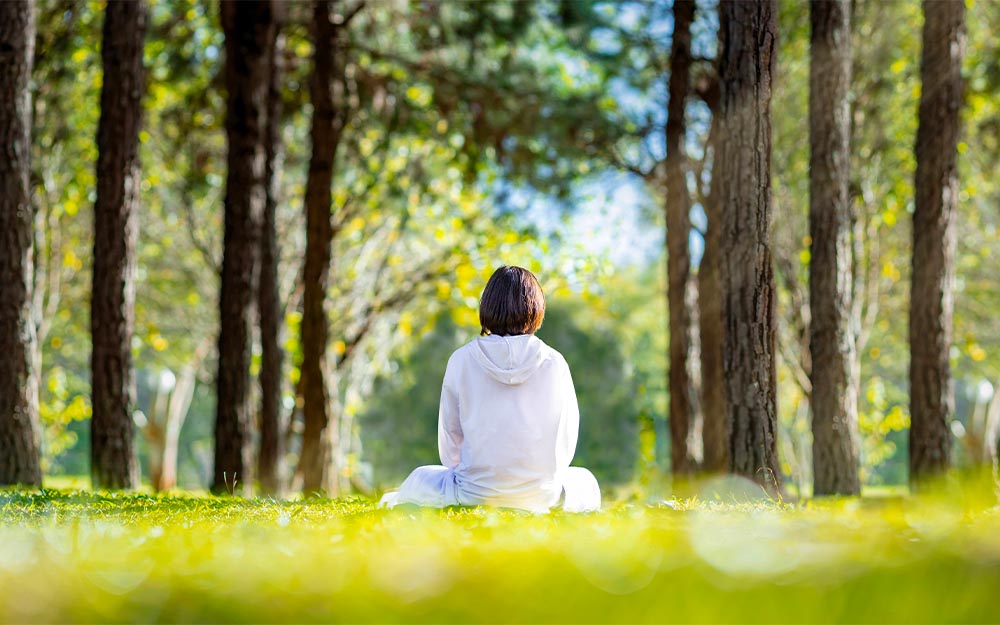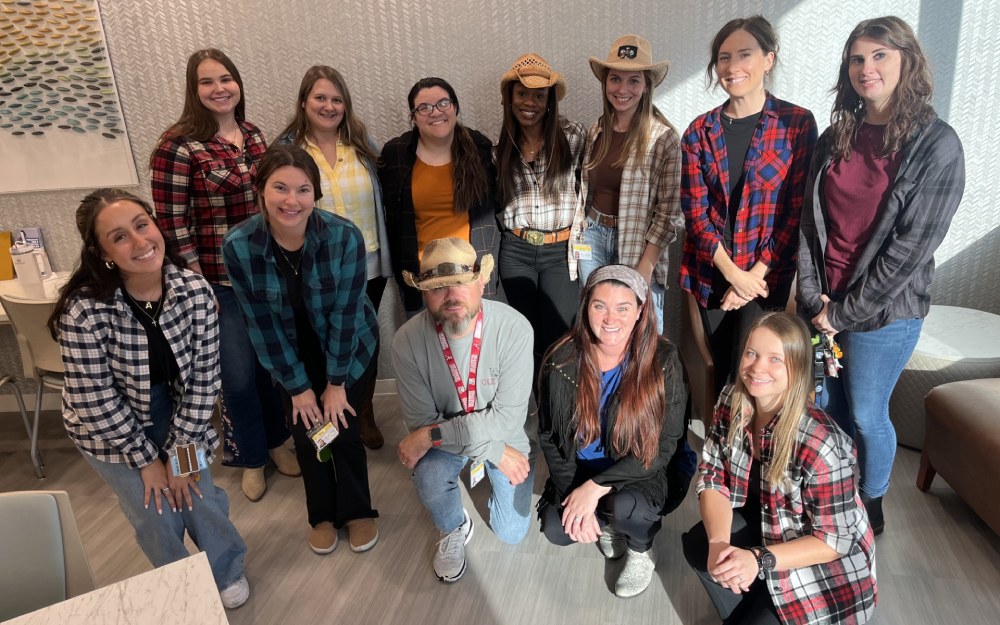
Rogers teams practice self-care to avoid burnout
06/17/19 10:37:amPracticing self-care is an essential step in maintaining both physician and mental health. For Rogers team members, who put in a lot of work to provide care to others, this is even more critical.
When Rogers vice president of healthy culture Sue McKenzie is speaking to healthcare and educational organizations in Wisconsin about the need for self-care and compassion resilience, she likes to share a particular quote by Forbes contributor Tami Forman.
Self-care is not an indulgence. Self-care is a discipline. It requires tough-mindedness, a deep and personal understanding of your priorities, and a respect for both yourself and the people you choose to spend your life with." ~Tami Forman
Sue adds, “For those of us driven to be of service to others, I really like the notion of tough-mindedness towards our own well-being.”
Rogers leadership and managers shared photos showing how they are able to incorporate self-care, which included things like team dinners, celebrations, or collecting items for local shelters. See the gallery above for examples and feel free to take inspiration for your own unit!
Natalie Scanlon, PhD, clinical supervisor for Focus Depression Recovery Adult Residential Care, says that her unit has been emphasizing self-care ever since the building experienced flooding. This includes activities like a weekly running group, team lunches, and attending virtual summits on Mindfulness in Healthcare from Jon Kabat-Zinn.
“We have a self-care session every Monday for staff at Kubly,” Dr. Scanlon says. “This started during the flood last year and has continued because it is my firm belief that we can only care for others to the extent that we care for ourselves—you truly can’t pour from an empty cup!”
Members from her team are encouraged to attend the sessions and events, but nothing is mandatory. She does provide a gentle warning that if you don’t make time for self-care, whether joining teammates or at home, then you will have to deal with burnout down the road.
Dr. Scanlon compares good self-care to the behavioral activation model used in treatment, saying it “uses active coping, and it takes insight and assessment to know where to put your efforts.”
She adds, “I am so proud of the ‘Focus fam’ for supporting one another in these ways and for being open to self-care individually and collectively. Navigating the field of mental health is not a sprint—it’s a marathon, and as such it requires endurance and lots, and lots of teamwork.”
Manager of program and evaluation at Rogers InHealth Sarah Reed, PhD, suggests looking through the Compassion Resilience Toolkit, which has four sections on self-care from a wholistic approach to wellness: mind, body, spirit, and strength.



